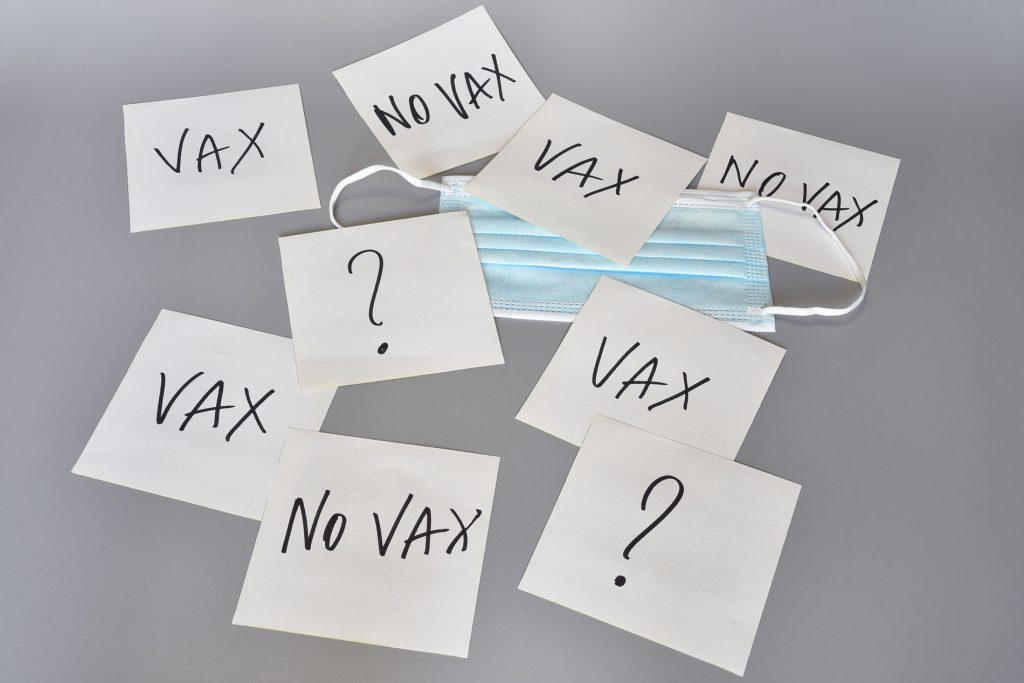The issue of vaccination has become live again in the Family Courts in the context of children now being eligible to receive vaccination for COVID-19 and some parties having strong opposing positions on the same.
The question of whether a child should be vaccinated is governed by the same principles and law that dictates most parenting matters, that is, whether receiving or not receiving the vaccination is in the child’s best interest.
In determining what is in a child’s best interest, the 2 primary considerations under the Family Law Act 1975 (Cth) are:
- the benefit to the child of having a meaningful relationship with both of the child’s parents;
- the need to protect the child from physical or physiological harm, from being subjected to or exposed to abuse, neglect or family violence.
Greater weight is given to the consideration set out in paragraph (b), that is, the need to protect a child from risk from harm outweighs the importance of having a meaningful relationship with both parents.
The additional considerations in assessing a child’s best interests include factors such as:
- any views expressed by the child;
- the nature of the relationship of the child with each of the child’s parents;
- the extent to which each of the child’s parents has taken the opportunity:
- to participate in making decisions about major long-term issues in relation to the child; and
- to spend time with the child; and
- to communicate with the child;
- the likely effect of any changes in the child’s circumstances;
- the maturity, sex, lifestyle and background (including lifestyle, culture and traditions) of the child and of either of the child’s parents;
- the attitude to the child, and to the responsibilities of parenthood, demonstrated by each of the child’s parents;
- any family violence involving the child or a member of the child’s family;
- any other fact or circumstance that the court thinks is relevant.
Generally speaking, unless the child has a predisposition to having an adverse reaction to a vaccination endorsed and encouraged by the Government, the Court is likely to find it is in the child’s best interest to receive the vaccination.
A parent who opposes a vaccination encouraged by the government may jeopardise their wider, long term parenting case if they do not have sound reasons to resist vaccination, (such as the child being predisposed to having an adverse reaction as opposed to the parent generally having an aversion to vaccination(s)). When deciding who the child lives with, the Court may draw an adverse finding that in adopting such a position, if unreasonable, demonstrates the parent is unable properly parent and protect the child.
Decisions regarding children being vaccinated and other major medical decisions should generally be made by the parents jointly, after consultation with one another and medical and legal professionals if necessary. The is no ‘black and white’ answer that applies to all children as no 2 children are alike.
The solicitors at Doolan Callaghan can assist you in navigating discrete parenting issues, including issues such as vaccinations, in a sensitive and child focused manner. Please do not hesitate to contact us for further, tailored advice.

